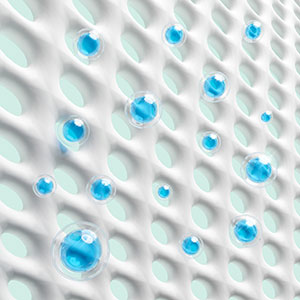 One of the problems our team at Progressive Water Solutions LLC frequently deals with is hard water. For those who don’t know, the term hard water refers to water that contains a high concentration of trace minerals, such as calcium and magnesium. Hard water can stain your dishes or laundry, and it makes it harder for soap to lather.
One of the problems our team at Progressive Water Solutions LLC frequently deals with is hard water. For those who don’t know, the term hard water refers to water that contains a high concentration of trace minerals, such as calcium and magnesium. Hard water can stain your dishes or laundry, and it makes it harder for soap to lather.
To combat these issues, our team offers high-quality water softeners, which neutralize the minerals in hard water. In this article, we’ll provide a brief overview of how our water softeners work.
- Resin Filter – Our water softeners use a resin filter to remove minerals from your water. The softener unit is installed close to your home’s main water intake, and the water flows through it and through its resin filter. This filter consists of a fine mesh, which is covered in positive sodium ions. These ions facilitate a chemical filtration process which we’ll explain in the next point.
- Ion Exchange – As hard water flows over the filters in our water softeners, the magnesium and calcium particles become attached to the mesh. This occurs because the particles have a positive charge, which makes them stick to the resin just like the positive sodium ions do. In the process, the calcium and magnesium ions displace the sodium ions, releasing them into the water in their place. Meanwhile, the calcium and magnesium remain trapped, ensuring they can’t cause problems for your plumbing.
- Sodium Ion Release – Unlike calcium and magnesium, sodium ions do not make water hard. The first two types of ions interfere with the lathering process for soaps and detergents, which makes them less effective, but sodium ions allow soap to work as normal.

